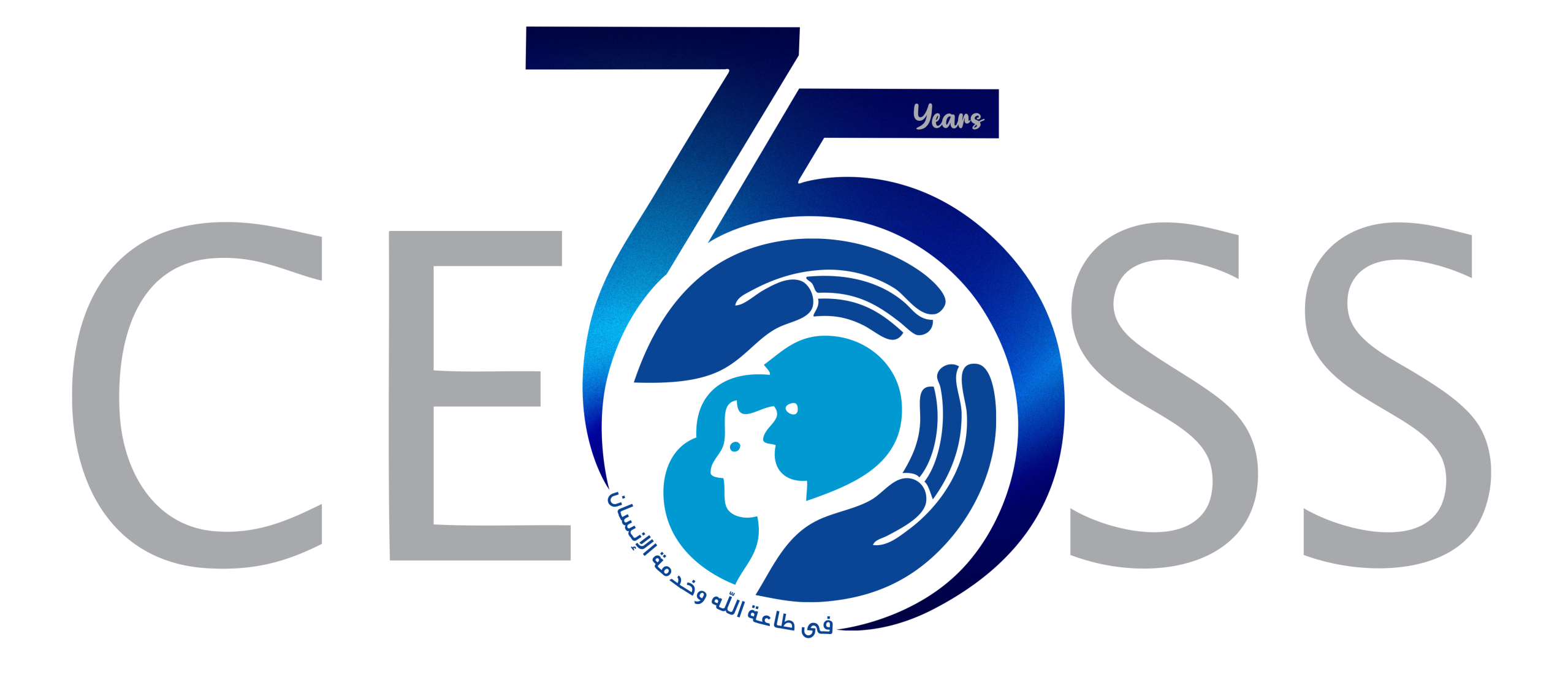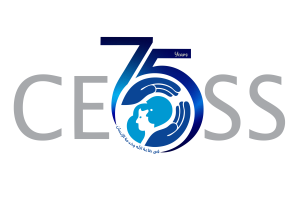The Local Development Unit contributes to achieving CEOSS’ mission by following and implementing a new development model with a new development methodology that suits the current phase. It is a resilient response to the current and prospective changes in uniformity with the governing directions of the state’s public policy and development agenda and taking into consideration changes in the financing map and its sources.
Specialized Development Services
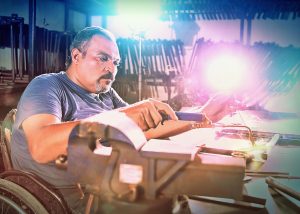
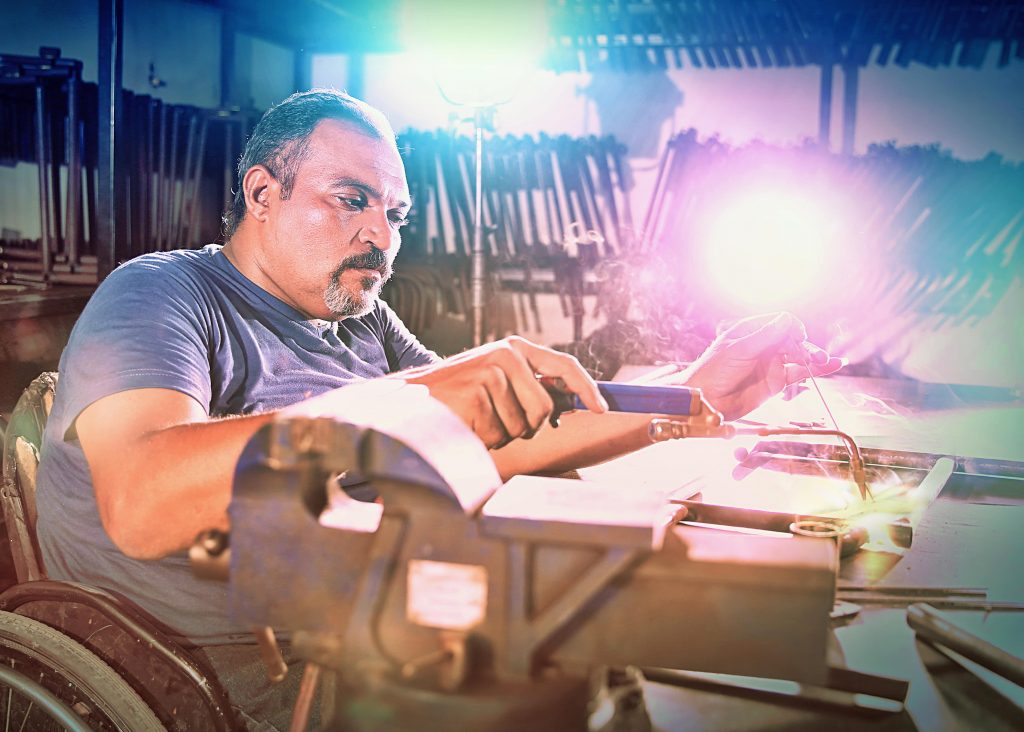
Erada Program
The program aims at making both the internal and external environment accessible in order to include and integrate persons with disabilities in public life.
Developing mobility aids models “wheelchairs” according to quality standards in accordance to the needs of persons with disabilities
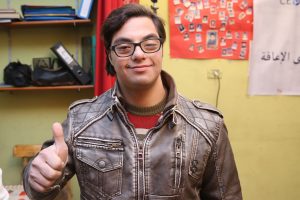
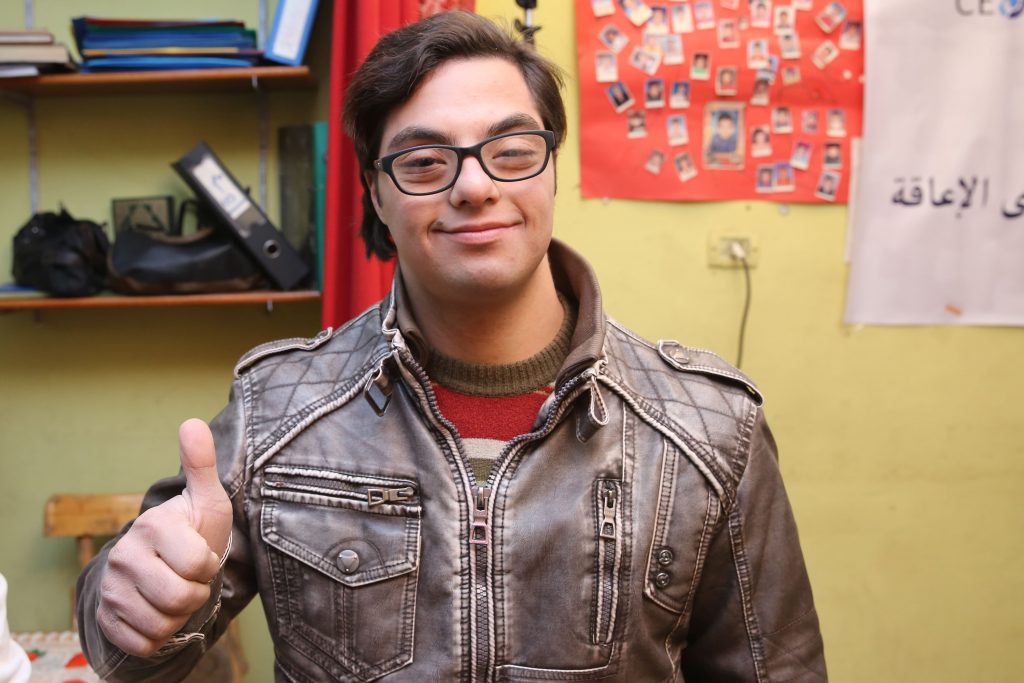
Program for Rehabilitating Persons with Disabilities
The program aims at empowering persons with disabilities and their families to effectively participate in society as well as calling for obtaining their rights, enhancing their inclusion in the community, and working towards removing all forms of discrimination against them.
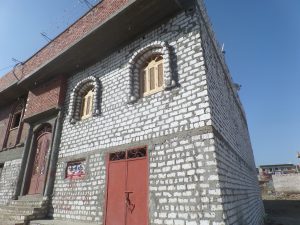
Housing Program
The program aims at improving and developing families’ housing situation to become healthier and safer environmentally. The program aims to work with middle- and low-income families and newlyweds besides the more vulnerable families who suffer from the deterioration of the health, environmental situation, and security levels inside the units they live in.
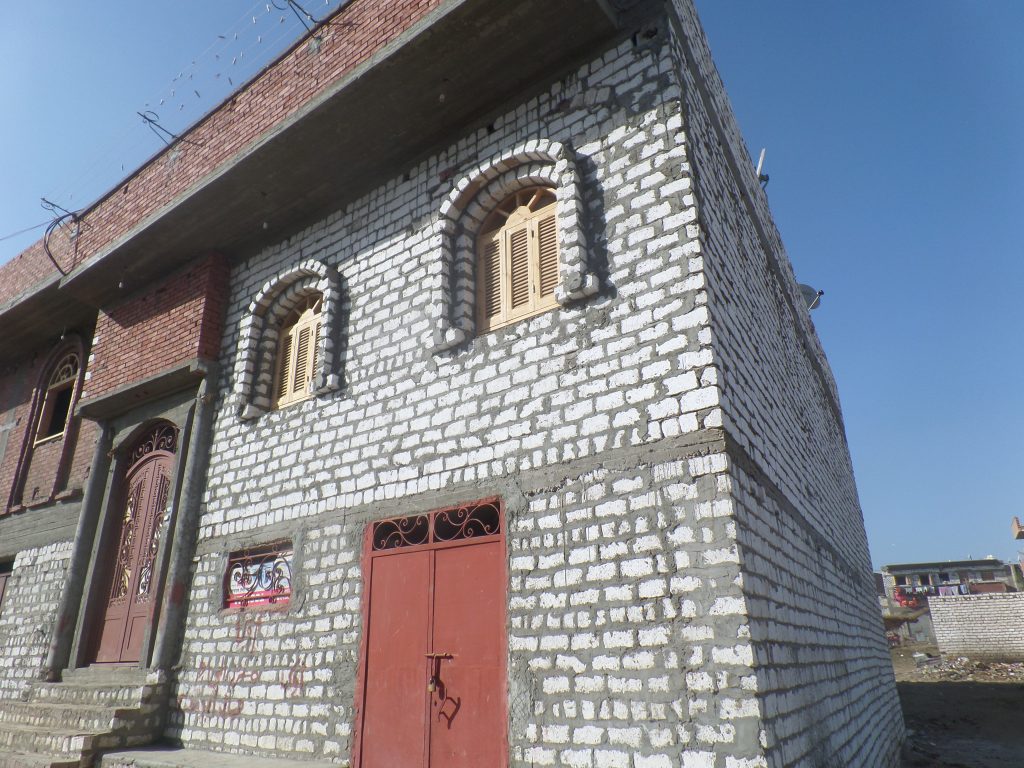
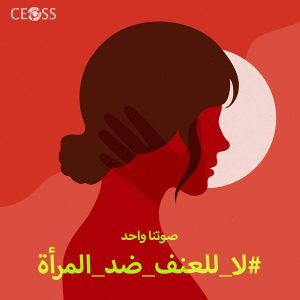
Gender Program
The program aims at building a just society characterized by equal social and economic rights and equal opportunities in public work to achieve equity and gender balance. The program also aims at emphasizing the empowerment of women and girls in all aspects of life and their participation in decision-making processes.
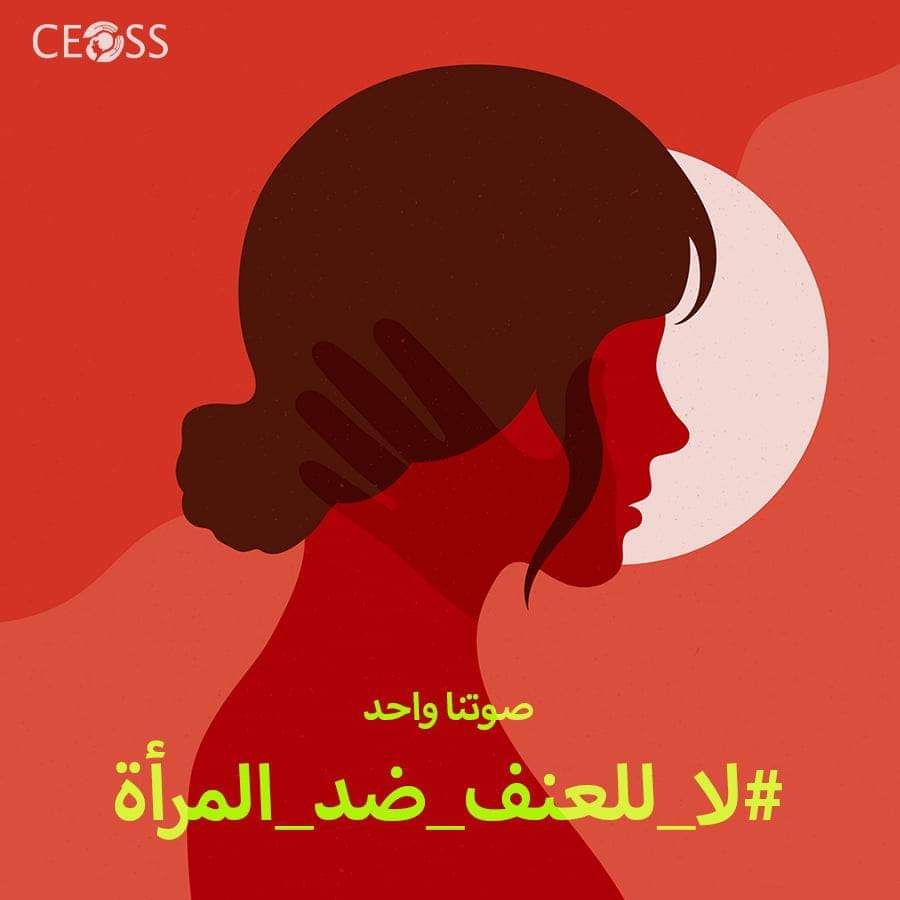
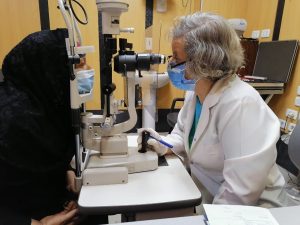

Eye Health Program
The program aims at eliminating avoidable blindness by reaching poor and deprived citizens through providing access to sustainable comprehensive health care systems to ensure the best possible vision for citizens.
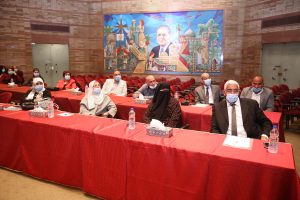
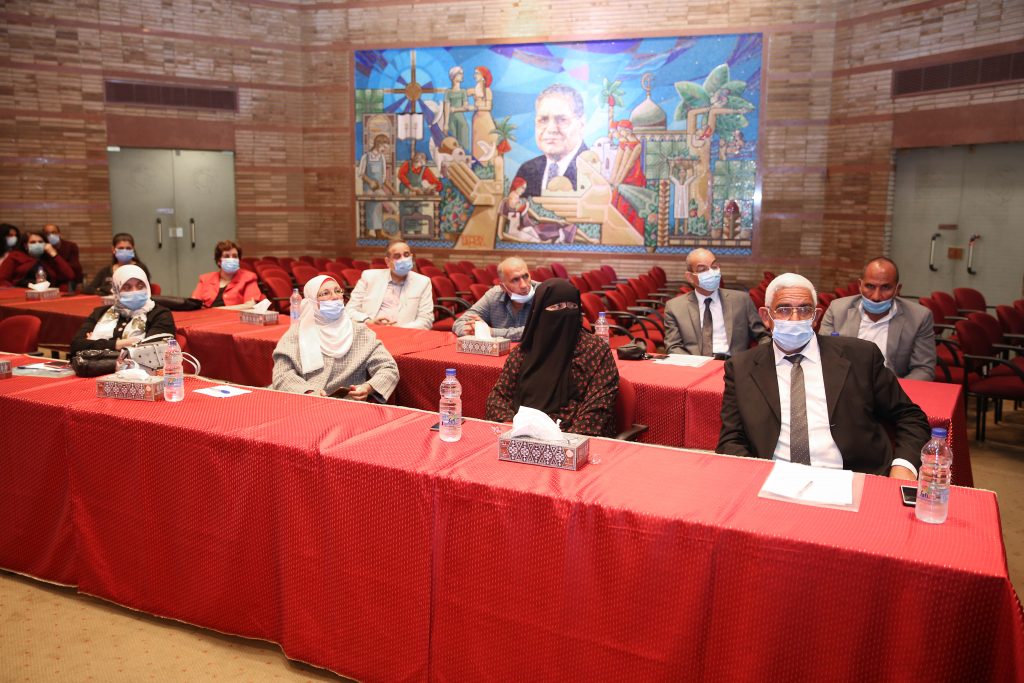
Institutional Support Program
The program aims at enhancing readiness for community resilience at the level of individuals, groups, institutions, and local communities in order to acquire the ability to develop mechanisms that empower them to face current and prospective changes and threats, in order to combat poverty and achieve development.
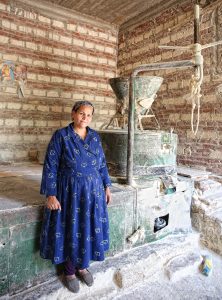
Economic Development Program
This field focuses on the economic empowerment of poor groups of youth of both sexes as well as women in poor and marginalized communities for the sake of empowering them to obtain decent employment opportunities and thus an increase in income to secure a decent life. During this year, the Local Development Unit worked in two main tracks, namely, training for employment and expanding business development services for the owners of small and micro enterprises. This is besides economic empowerment of women working in the informal sector.
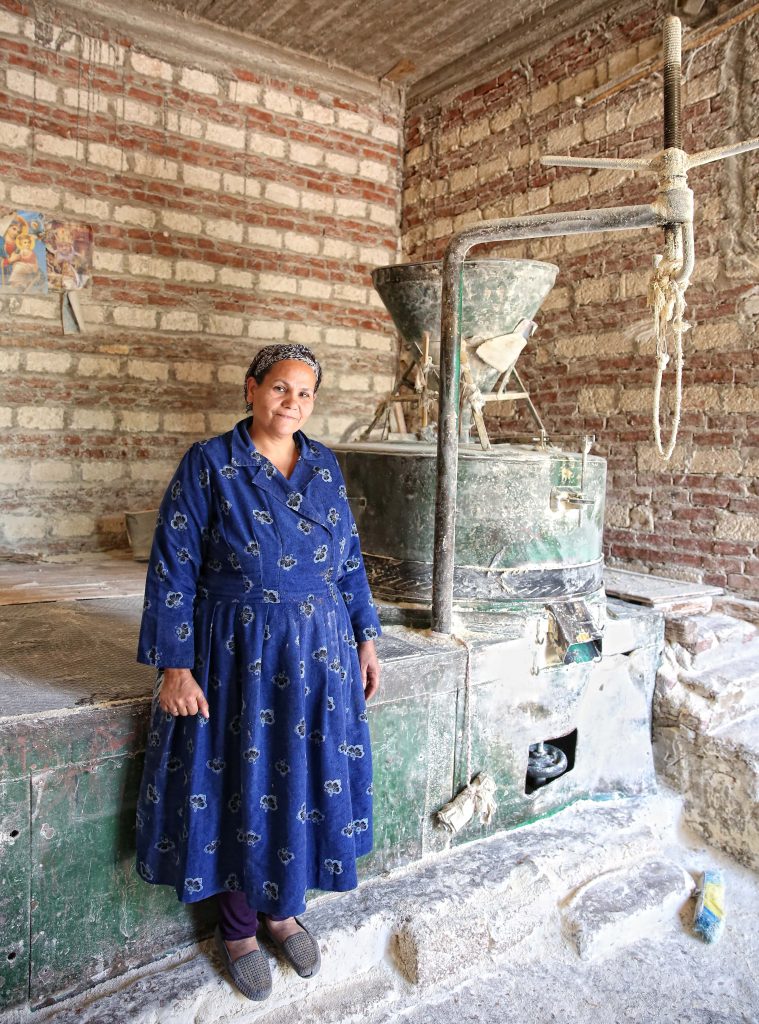
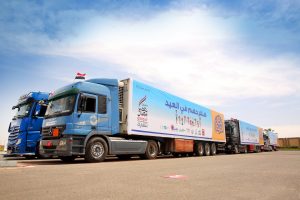
The Emergency Program
The program aims at protecting poor and vulnerable groups during crises and disasters through taking measures and implementing a package of urgent relief interventions that assist them in facing these crises and mitigating their negative effects.
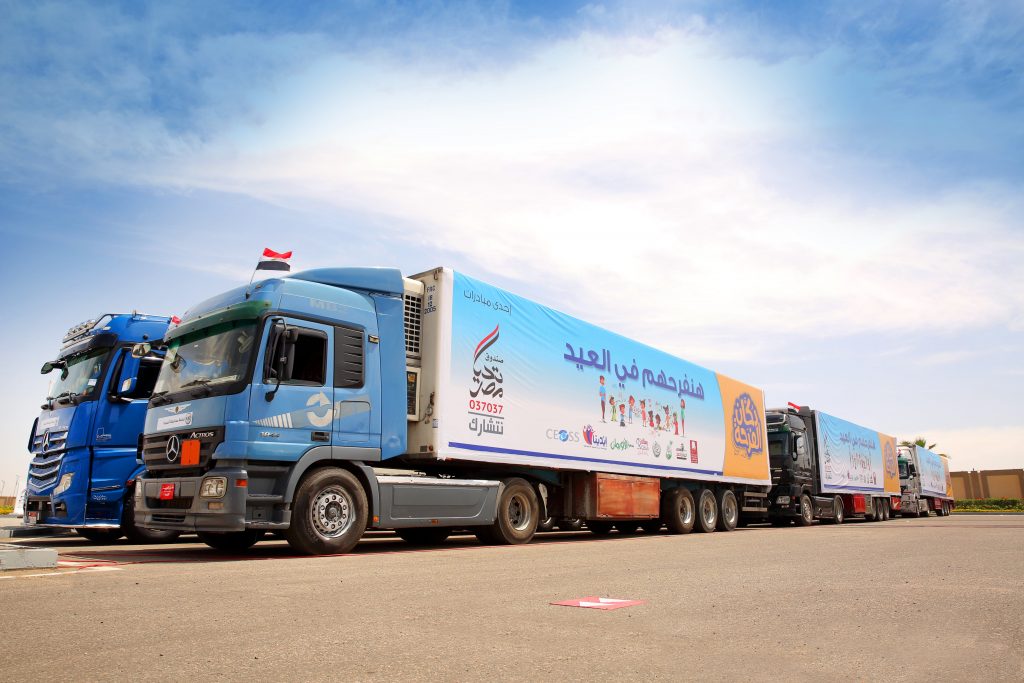
Comprehensive Rural Development
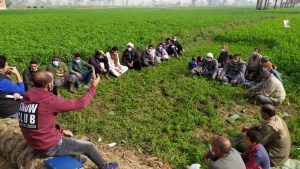
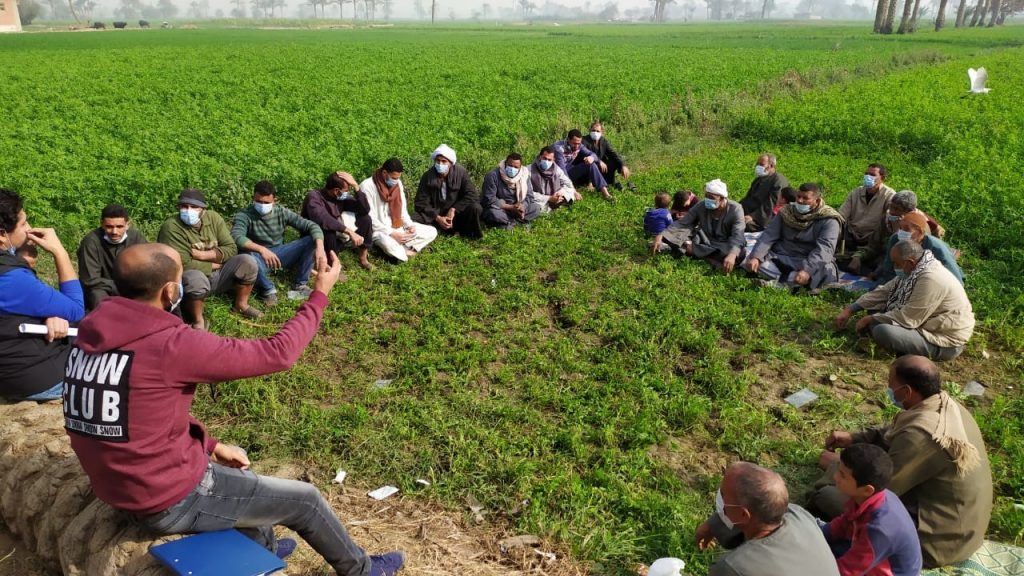
Agriculture and Livestock Program
The agricultural programs aim at improving livelihood for small scale farmers, breeders, and fishermen through developing rural areas and empowering them to invest available resources and experiences to reach a competitive social, environmental, and economic advantage.
Applying the idea of a “Smart Guide” through developing a mobile application linked to the climate change measurement stations to provide guidance service to farmers to assist them in applying good agricultural practices by adapting to climate changes as well as providing relevant marketing guidance
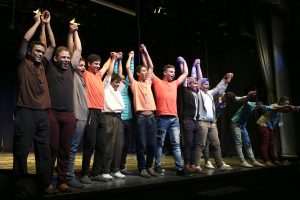
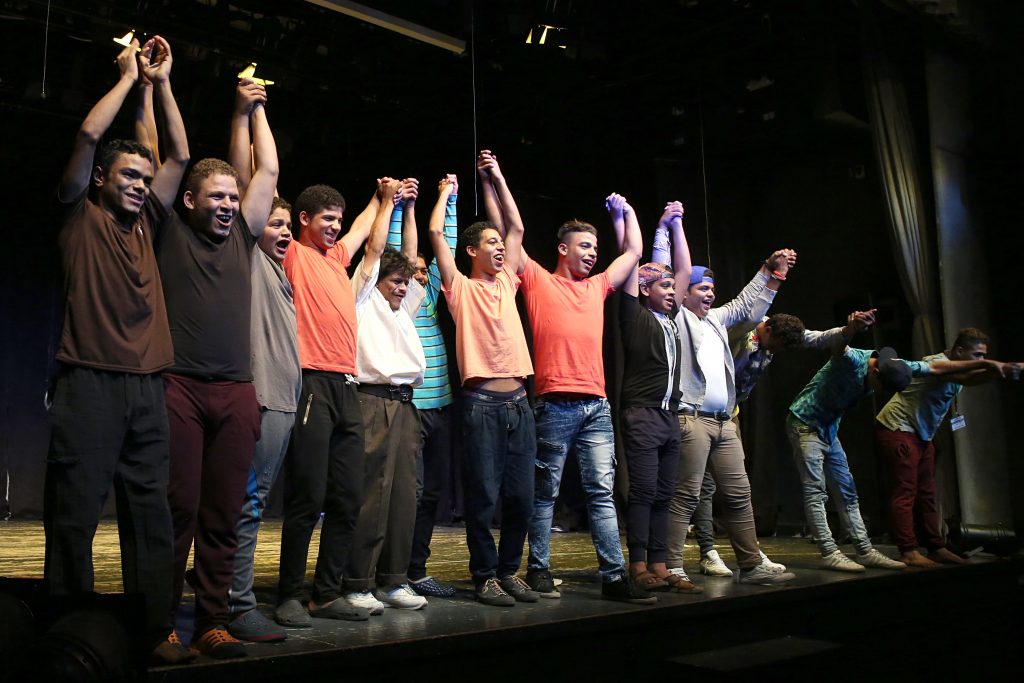
Children at Risk Program
This program aims at contributing to securing a better life for child laborers and their families. It also contributes to creating a protective environment for them which, in turn, ensures preserving these children’s humanity, dignity, and childhood. In addition, it reduces the effects of poverty, exploitation, and physical, emotional, and sexual abuse.
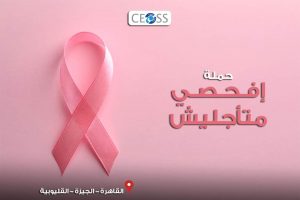
General and Reproductive Health Program
The program aims at empowering the most vulnerable poor groups such as women, children, and adolescents to be able to access their health rights and obtain public health resources and services to enjoy good health conditions.
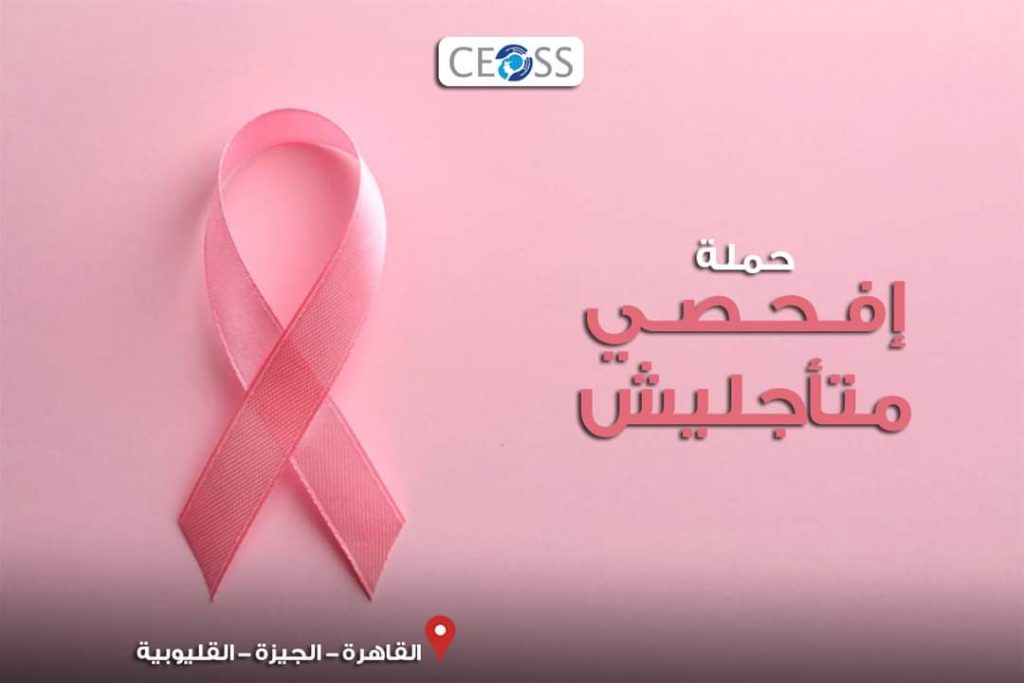
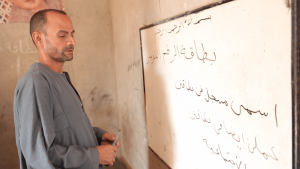
Education and Civic Education Program
Since its establishment, CEOSS has taken interest in education as a basic entry to develop a human being as an individual as well as enhancing society’s ability to develop its capacities. Thus, managing literacy classes has been an activity in which CEOSS has excelled in the work communities in which CEOSS has depended on local leaders and the use of simplified curricula suitable for the nature of these communities.
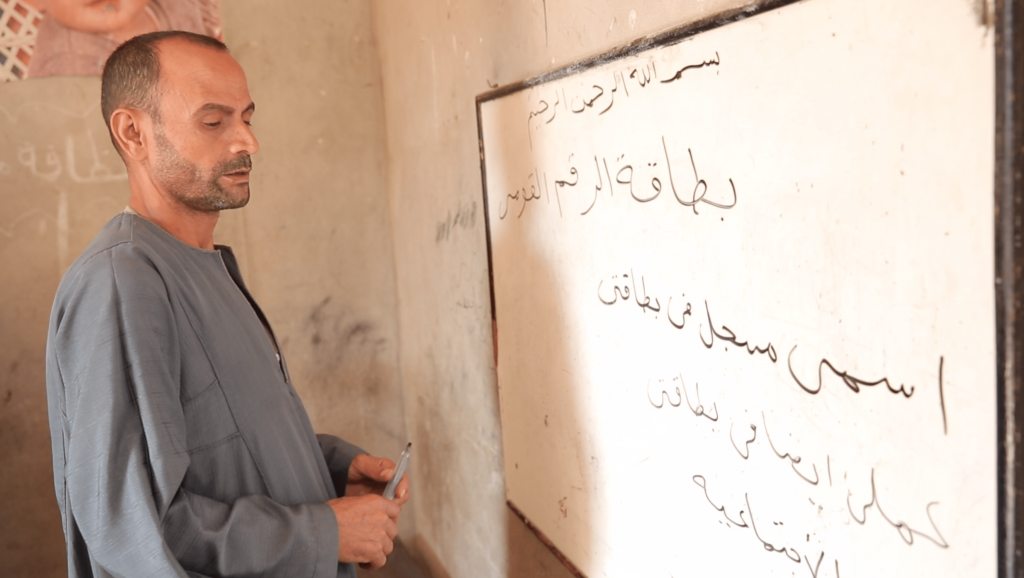
Various Initiatives
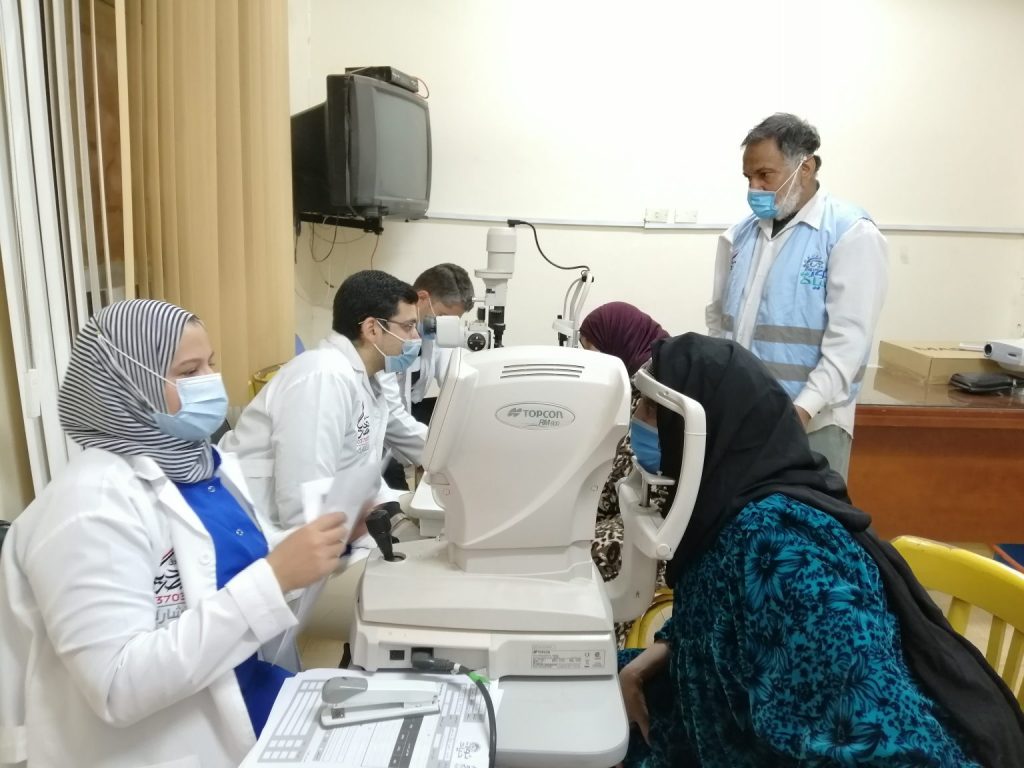
Noor Hayat Initiative
Work on the presidential initiative “Noor Hayat” continues in coordination with the Tahya Misr Fund. This initiative aims at combating causes of weak vision and loss of vision for senior citizens and primary school pupils, as well as reducing avoidable blindness through empowering poor and deprived citizens to obtain these services; especially children from the age of one day to 15 years old; as well as senior citizens from 45 years old upwards; providing access to comprehensive sustainable health care systems to secure the best possible vision for citizens.
Main Achievements:
Conducted medical examinations for 22,127 students in 49 primary schools in the poorest areas of Minya and Qalyoubia Governorates, where examinations were conducted for 4167 individuals and medical glasses were provided for the visually impaired.
Implemented 6 medical convoys for senior citizens in the governorates of Qalyoubia and Beni-Suef; in which 4018 patients were examined and 529 referred to the military hospital in Shebin al-Kom, Menoufia, for cataract operations and lens implantation. It is worth noting that Qalyoubia Governor and a number of executive leaders in the governorate inspected one of the implemented convoys and praised the efforts made and the quality of services provided.
CEOSS joined the volunteering coalition of the United Nations Office of Volunteers in November 2020, and also participated in the celebration of the International Volunteer Day on 5/12/2020 organized by the United Nations Office of Volunteers in Egypt with the participation of the members of the volunteering coalition under the title “Together We Can … through Volunteering”.
Decent Life Initiative
The initiative aims at elevating Egyptians’ economic, social, and environmental levels especially for families in poor villages and empowering them to obtain all basic services and maximizing their abilities in carrying out productive work that contributes to achieving a decent life.
The initiative was implemented in five communities in Beheira, Daqahlia, and Sohag Governorates; in partnership with the Ministry of Social Solidarity, which also finances the initiative, and in cooperation with many state institutions and civil society organizations and local leaders.
Major Achievements:
2536 people benefitted from the initiative’s interventions.
304 poor and marginalized families had their houses developed; to secure them a decent life, through implementing integrated interventions that included construction work, installing roofs, finishing, installing basic facilities in cooperation and coordination with social solidarity directorates and local units.
1043 citizens benefitted from various health services provided as a result of partnership with health and population directorates in Beheira and Sohag Governorates.
1134 citizens benefitted from eye health services.
55 persons with disabilities benefitted from the provision of prosthetic devices.
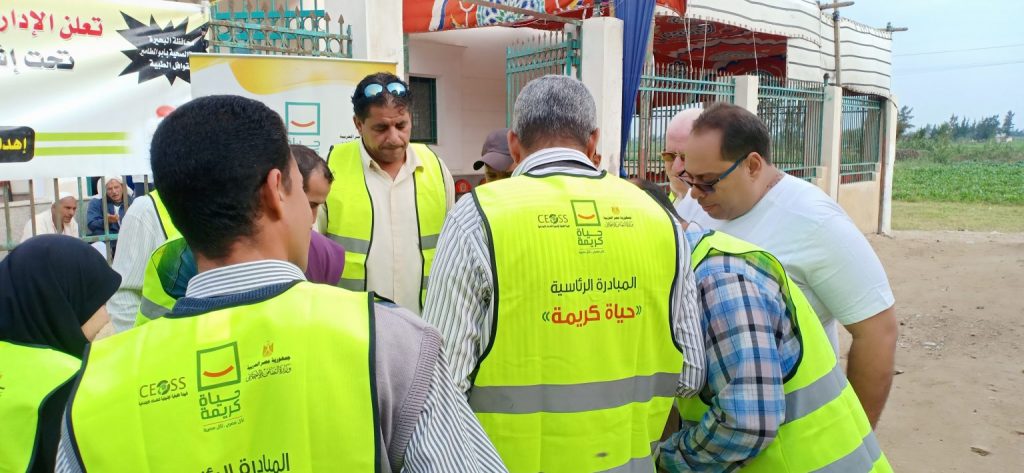
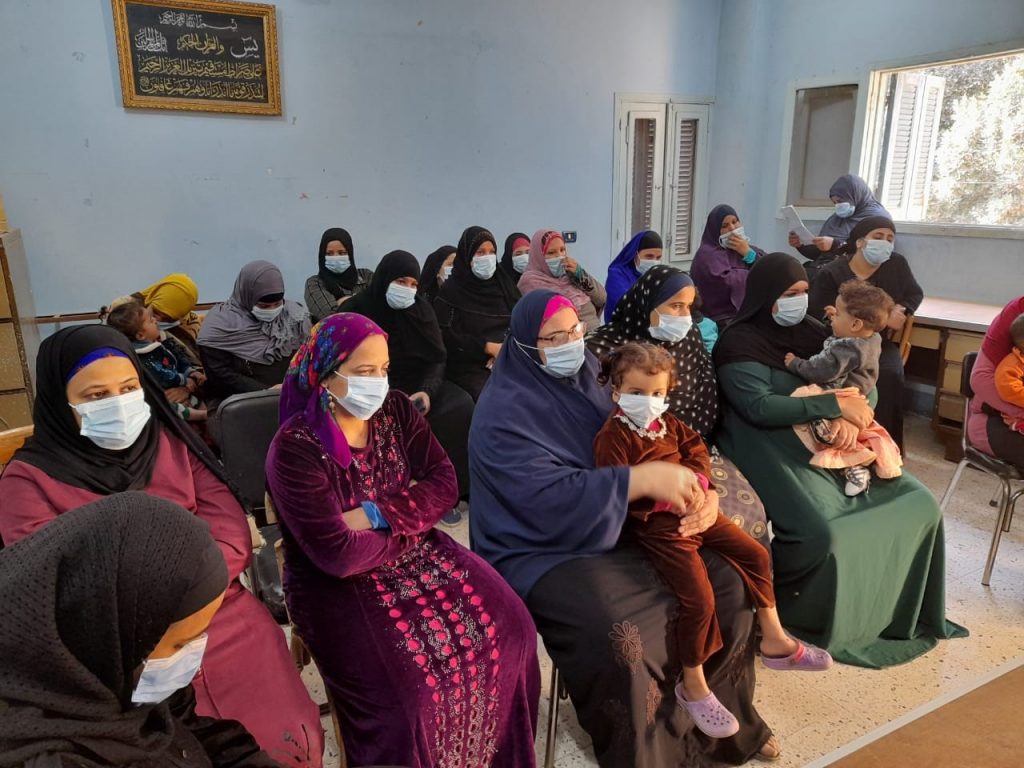
The “Citizenship” Initiative
This initiative aims at enhancing citizenship values and practices, as well as respecting religious and cultural diversity in eight communities in Minia Governorate for the sake of forming a social, cultural, and developmental environment that supports social peace and sustainable development. This is achieved by implementing a cluster of developmental, cultural, and economic interventions through applying a comprehensive developmental model that is implemented through the local development unit and the Forum for Intercultural Dialogue (FID) in cooperation with the Ministry of Social Solidarity which finances the initiative.
Quantitative Achievements:
717 citizens benefitted from various developmental interventions.
510 citizens benefitted from eye health care services.
129 citizens benefitted from health care services.
59 citizens received awareness raising in relation to correct disability concepts.
19 women were trained on skills of setting up small enterprises to increase their income.
Qualitative Achievements:
Forming 7 community committees in the local communities with effective community and religious leader representatives as well as leaders representing governmental institutions in order to implement the initiative
Partnering with the Health and Population Directorate in Minia to implement a comprehensive health convoy in the specializations of internal medicine, dental medicine, and gynecology
Participating in the initiative “The Week of Love” in Barsha Village through implementing an eye convoy aiming at providing examinations and interventions for the poor and most vulnerable families in the village
